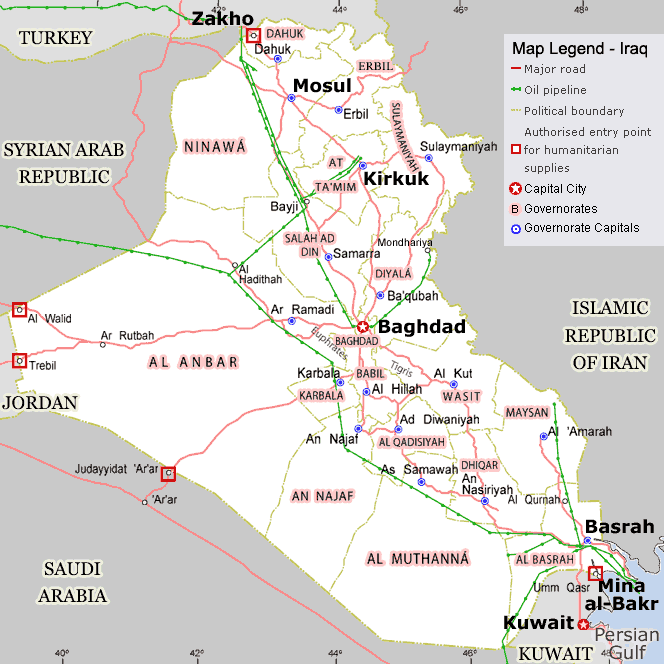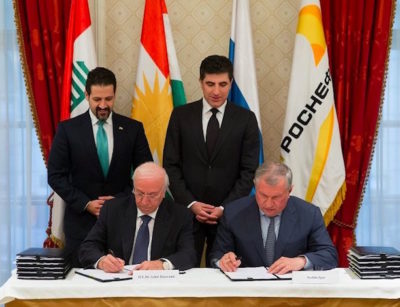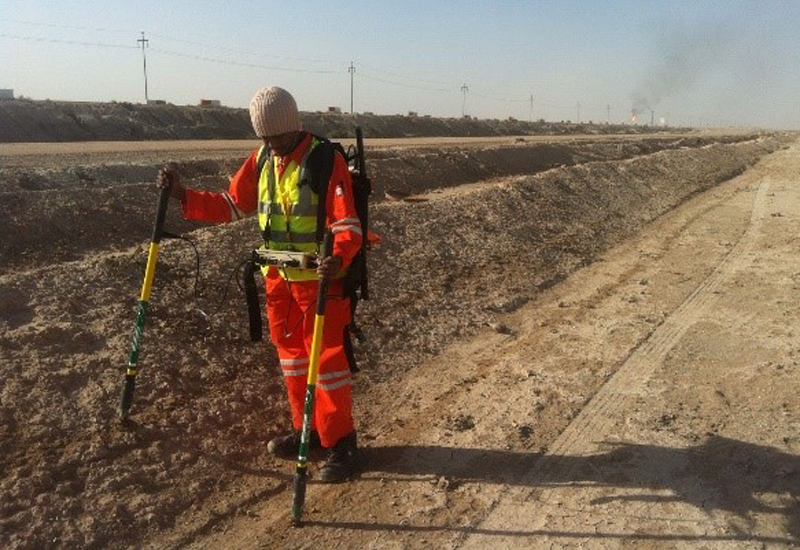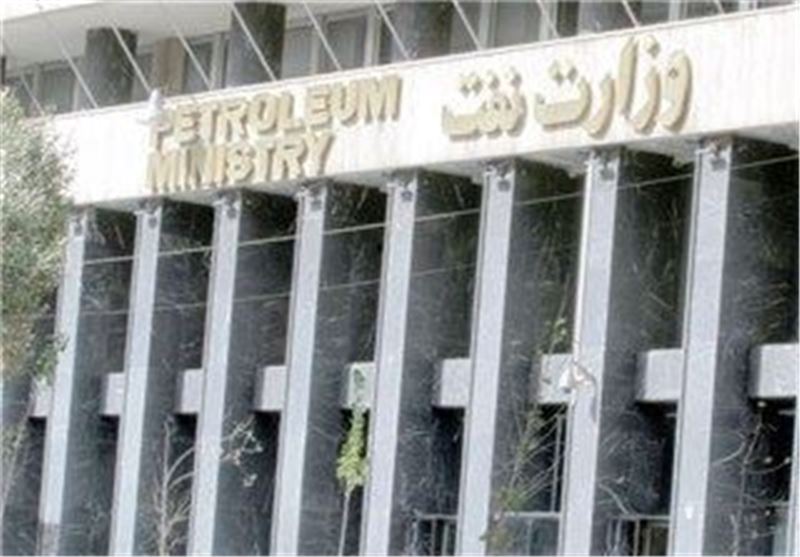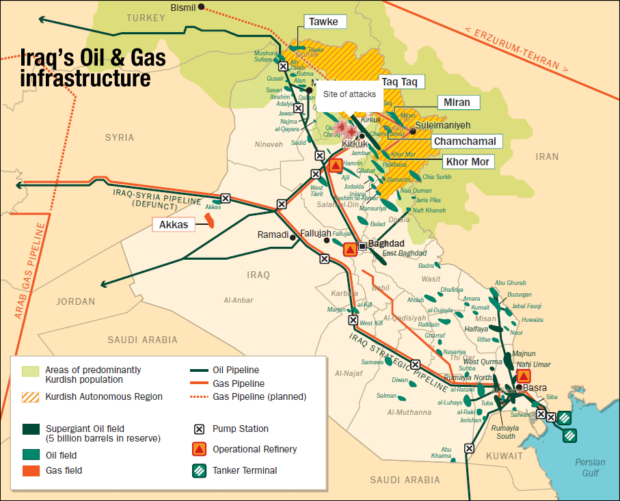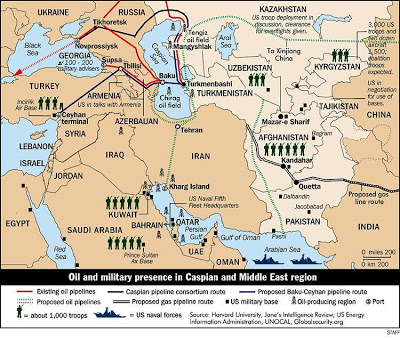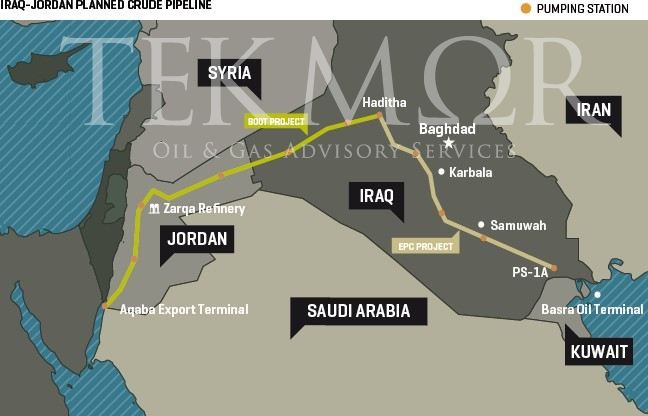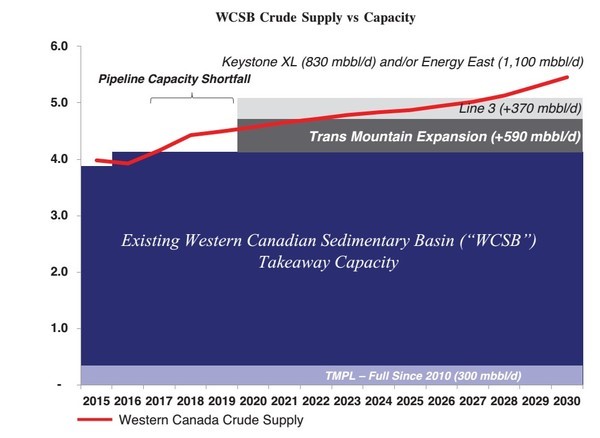Iran’s Oil Ministry linked a 4-month delay in the implementation of an oil swap deal with Iraq to the Arab country’s unpreparedness and technical problems.
In a letter to the Tasnim News Agency in response to a recent report on the lengthy delay in implementation of the oil swap deal with Iraq, Iran’s Oil Ministry said the problem lies in the Arab country’s failure to remove the obstacles.
“The slight delay in implementing the major deal on swapping the crude oil produced in northern Iraq is mainly because of unprepared infrastructures and some logistical deficiencies on Iraq’s part,” the letter read.
It said the oil swap operation will begin soon, dismissing reports on “oil diplomacy negligence” or secret issues being behind the delay.
In February 2017, Iraq’s Oil Ministry said it had signed a deal with Iran to carry out studies on the construction of a pipeline to export crude oil from the northern Iraqi fields of Kirkuk via Iran.
In December, the two neighbors finalized the agreement, according to which Iran would provide Iraq’s southern ports with oil of the same characteristics and in the same quantities as those it would receive from Kirkuk.
Between 30,000 and 60,000 bpd of Kirkuk crude will be delivered by tanker trucks to the border area of Kermanshah, where Iran has a refinery.
The two countries are planning to build a pipeline to carry the oil from Kirkuk, so as to avoid trucking the crude.
(Source: Tasnim, under Creative Commons licence)

